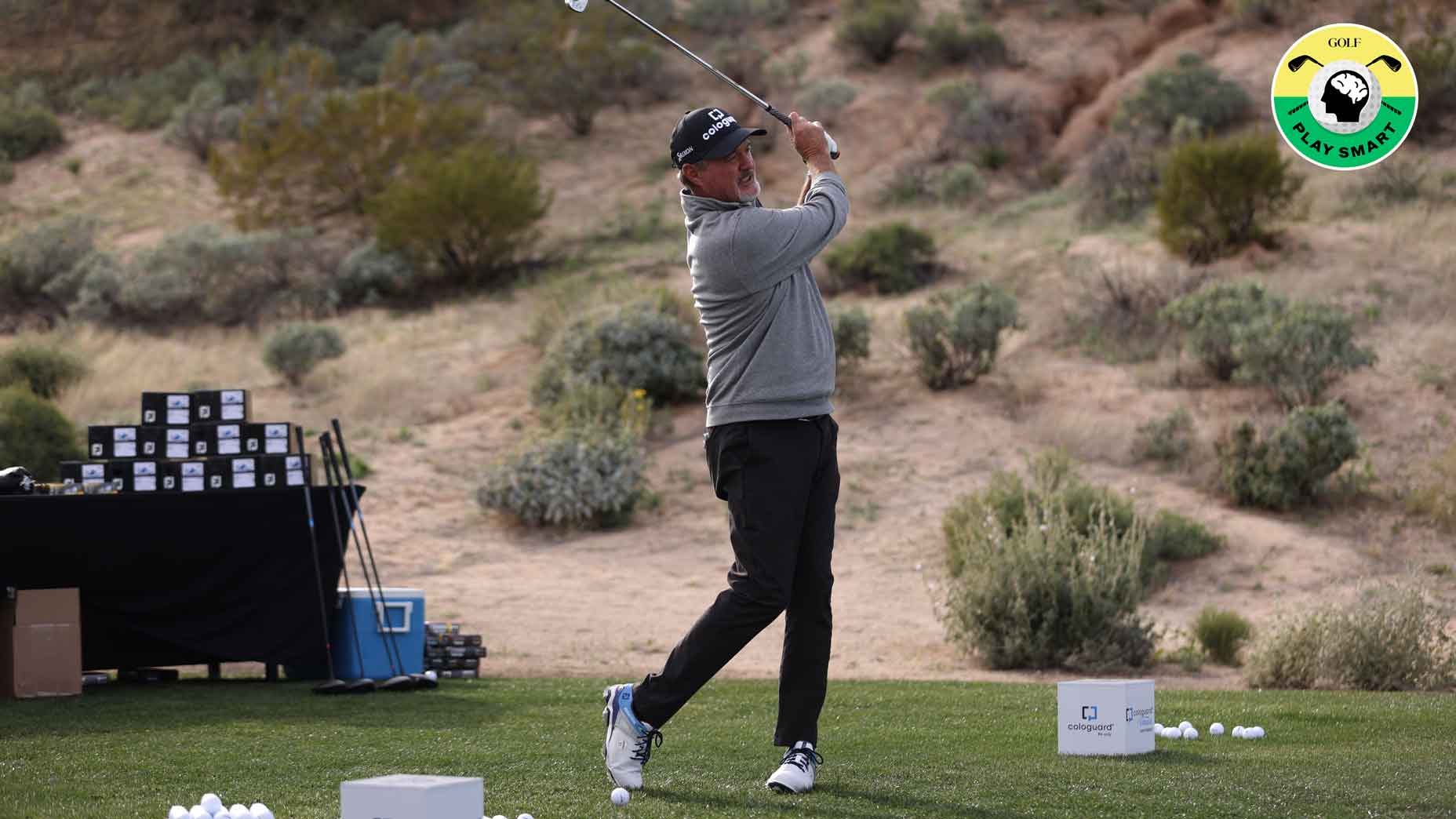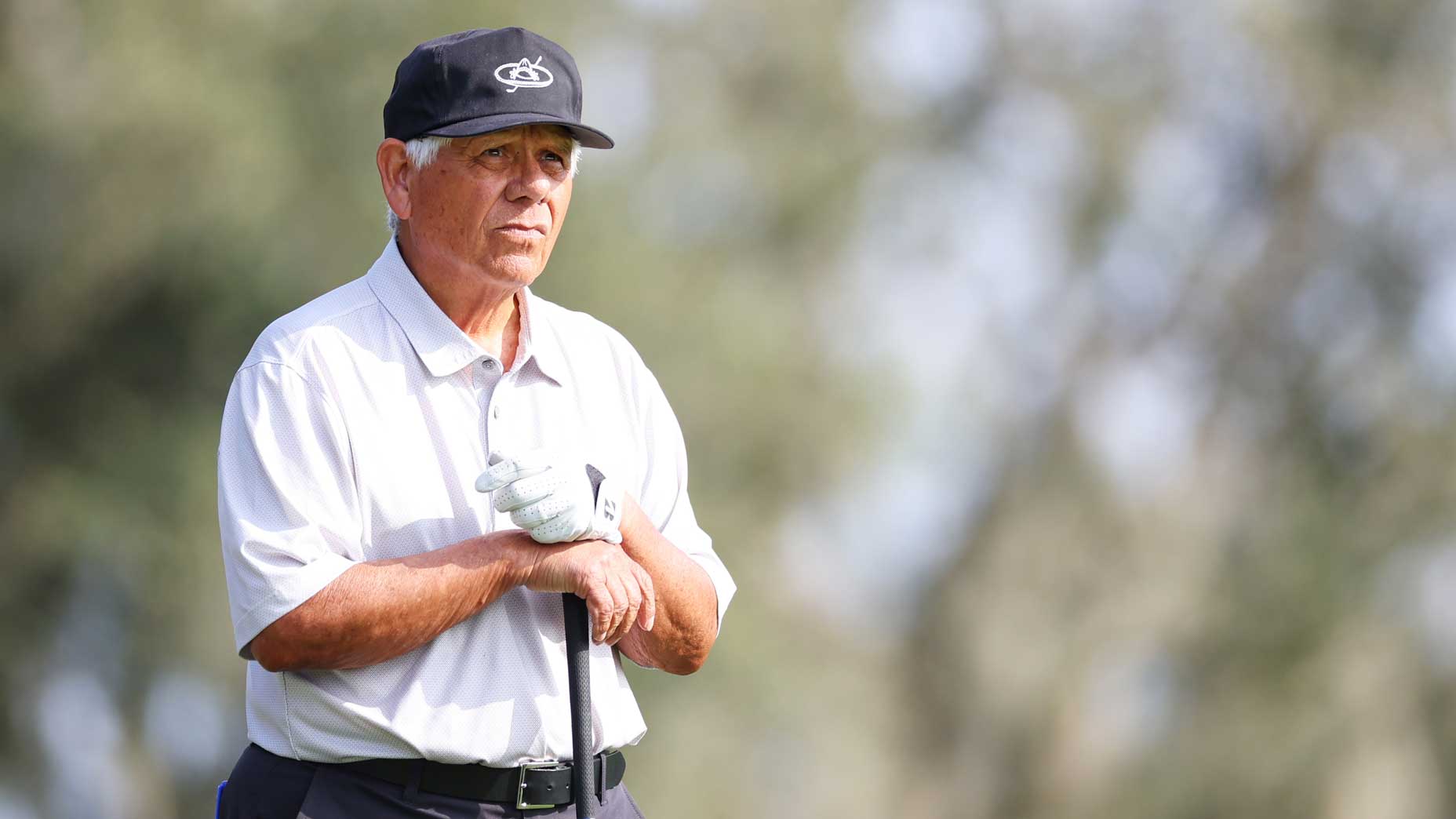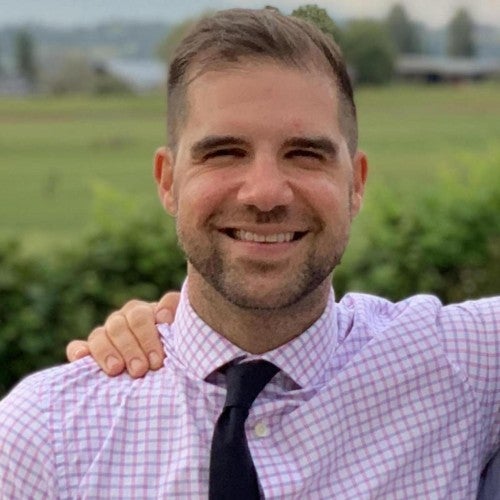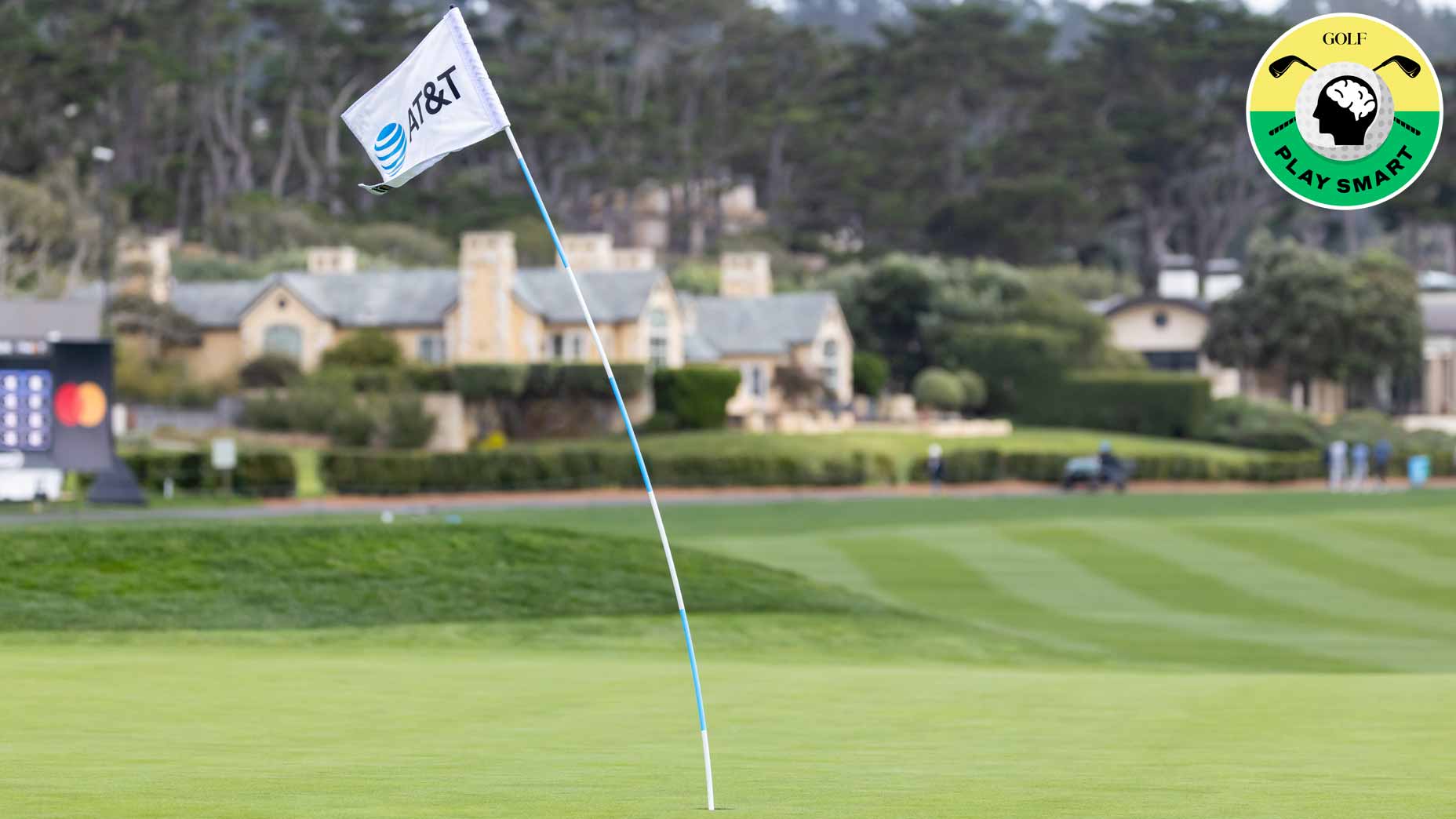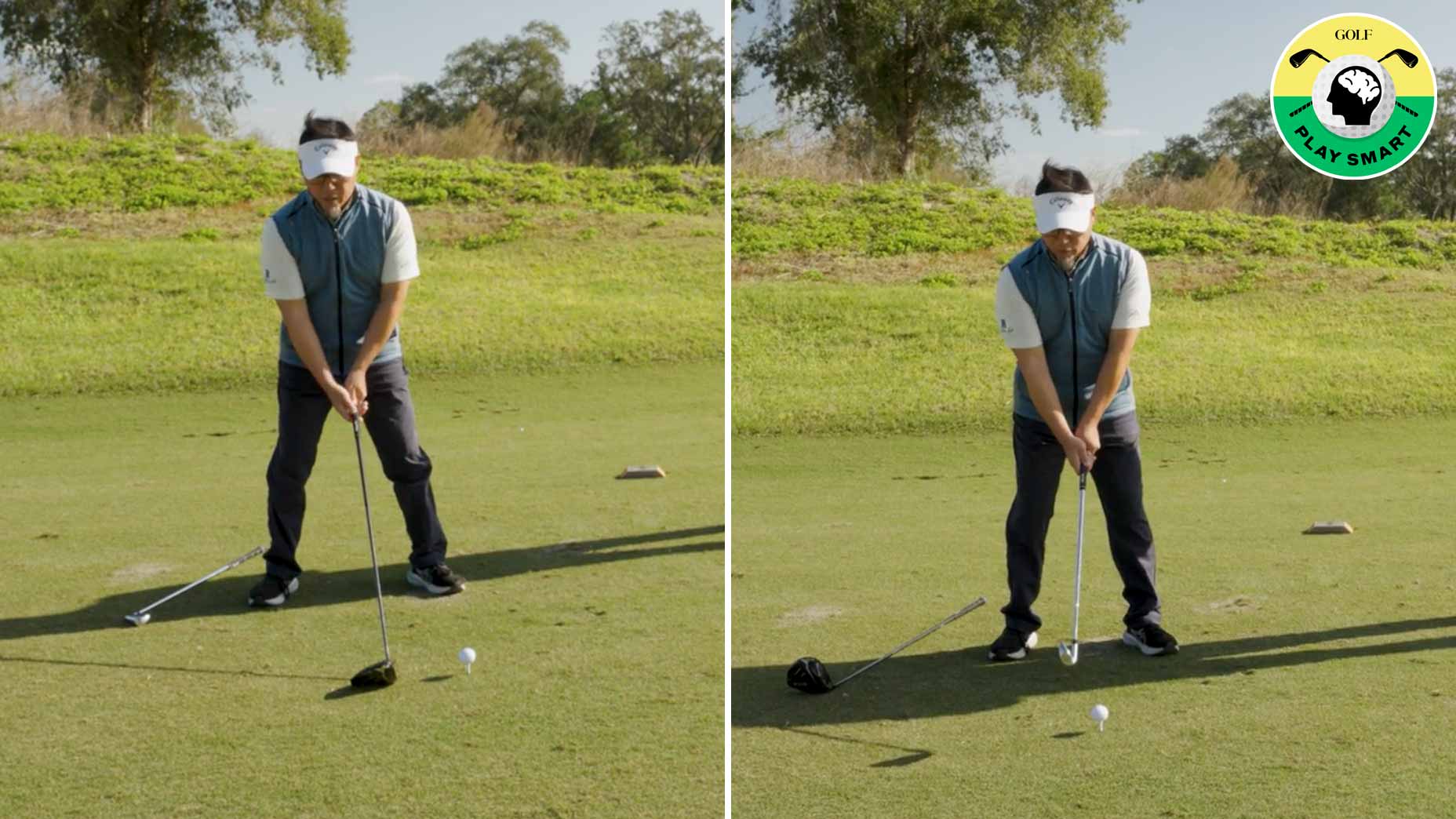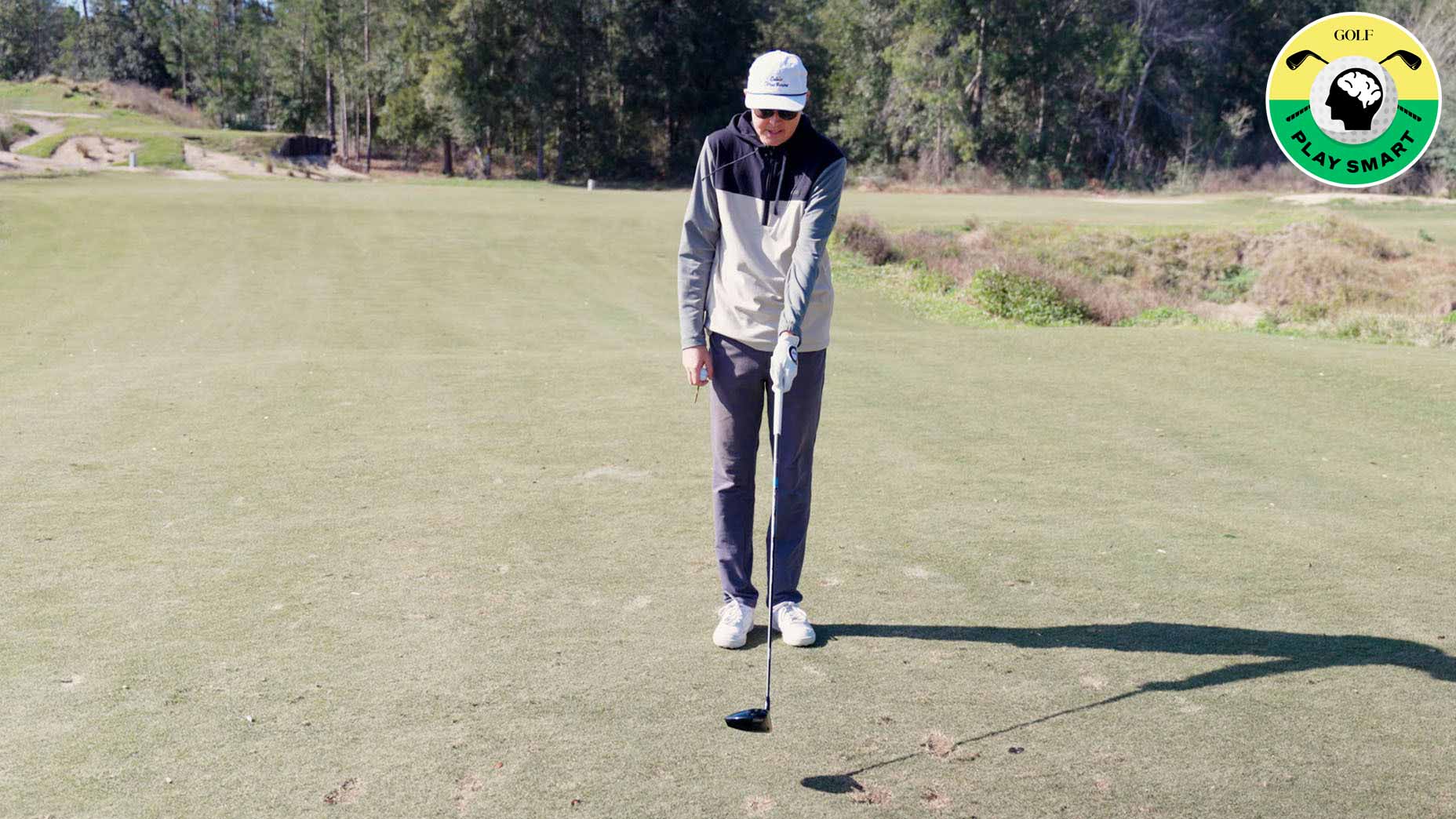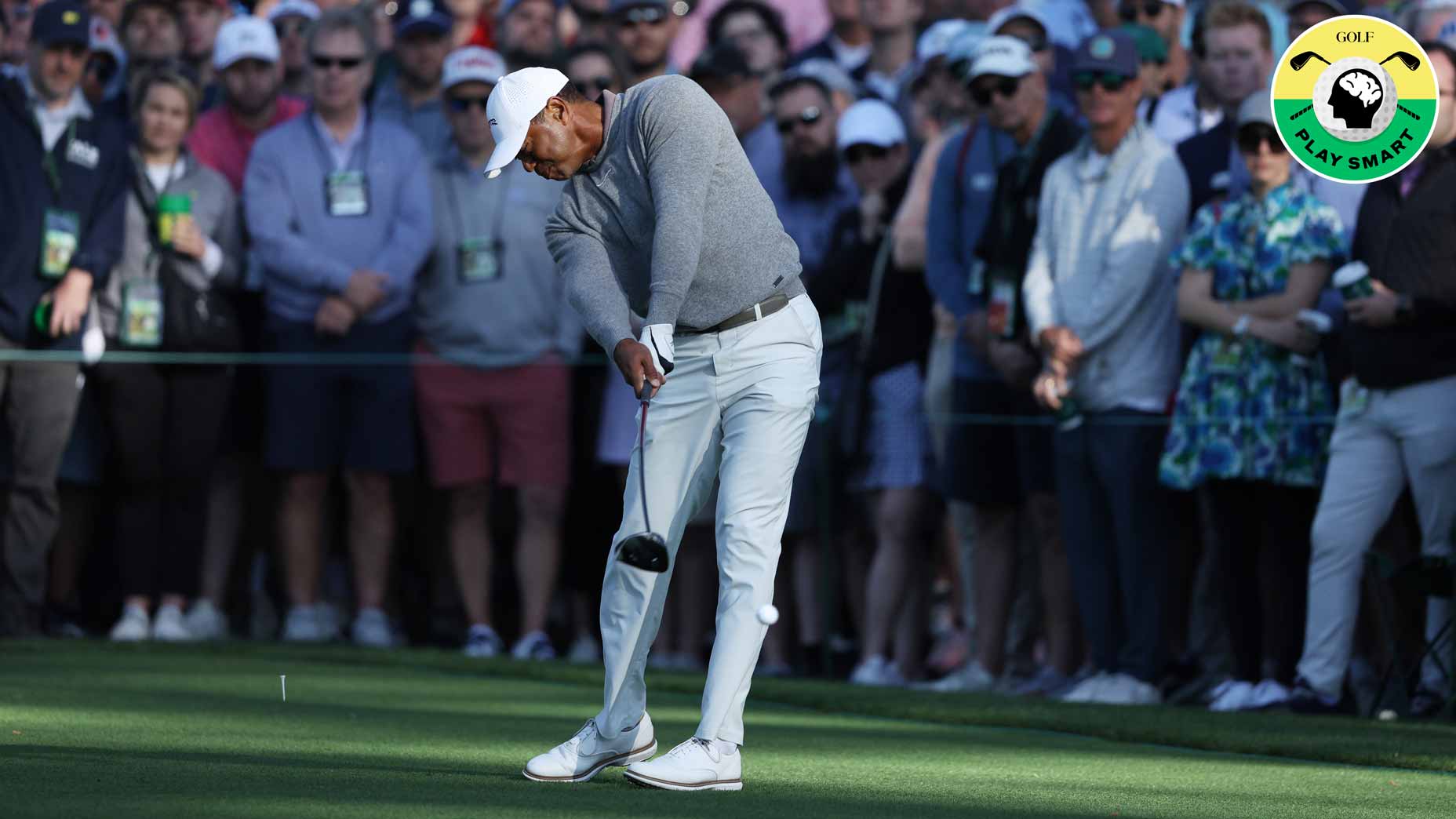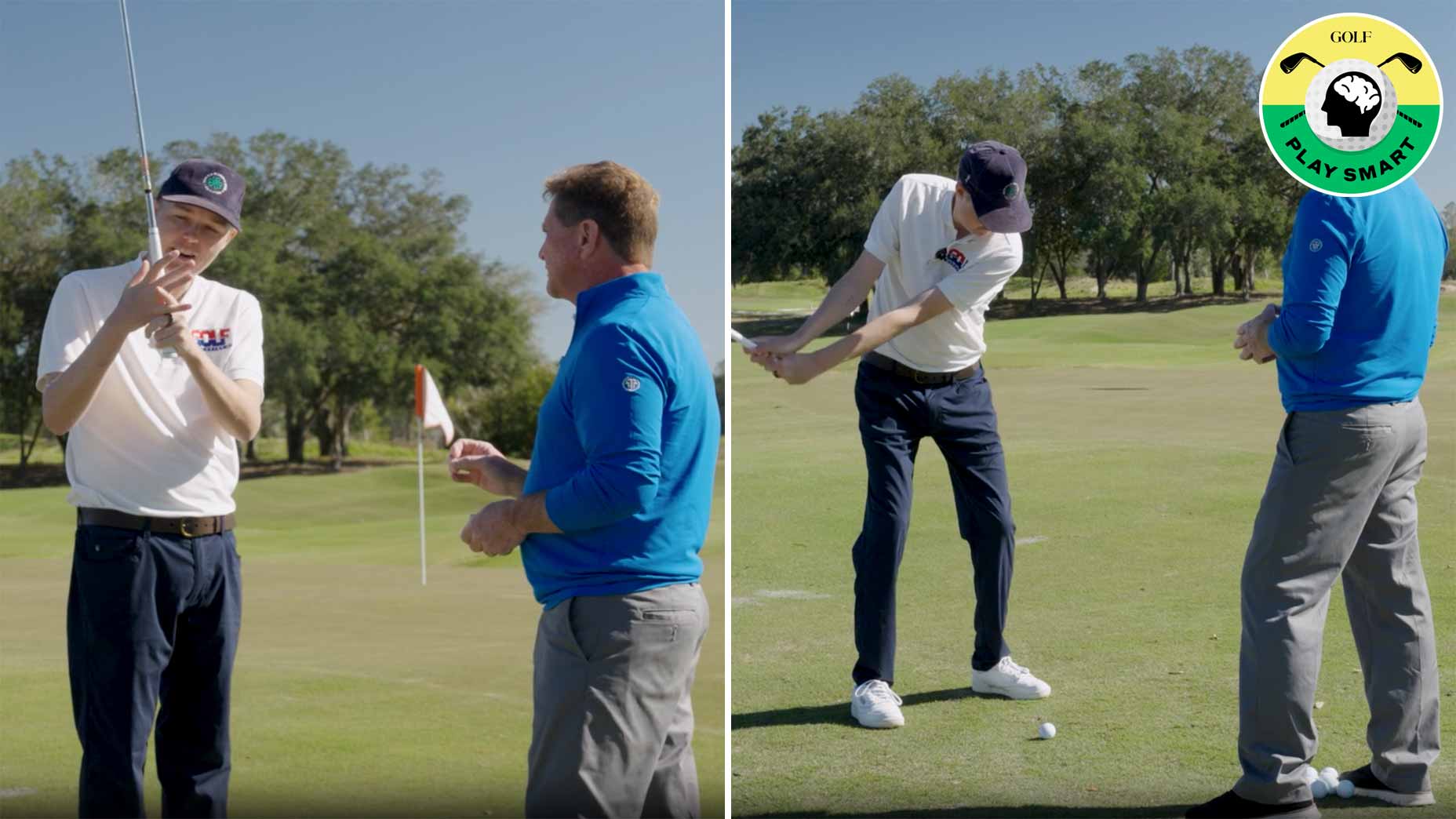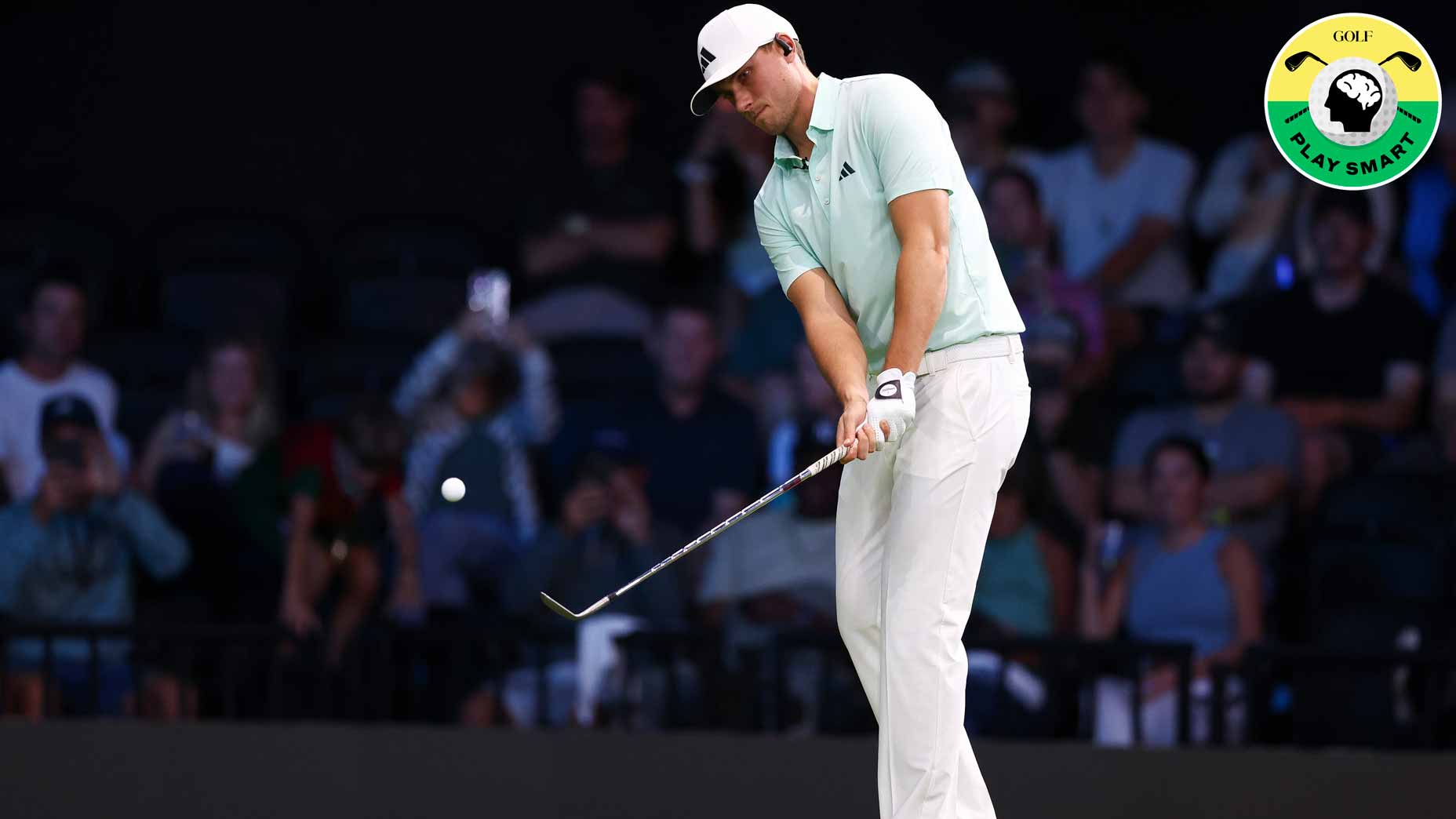Welcome to Play Smart, a regular GOLF.com game-improvement column that will help you play smarter, better golf.
Jerry Kelly has played professional golf for more than three decades, including on the PGA Tour, where he racked up three wins and finished top-10 at both the Masters and the U.S. Open in 2007, and now on the PGA Tour Champions, where he’s won 11 times (including two Senior Players Championship titles).
Lee Trevino was asked why he keeps playing every day. Then he got emotional.By: Nick Piastowski
It’s fair to say he’s learned a thing or two, which is why I was excited to pick his brain.
In the run-up to this week’s Cologuard Classic — which kicks off National Colorectal Cancer Awareness Month, and helps raise awareness of colon cancer, honor survivors and recognize those who have been affected by the disease — Kelly shared some of his best tips for older golfers.
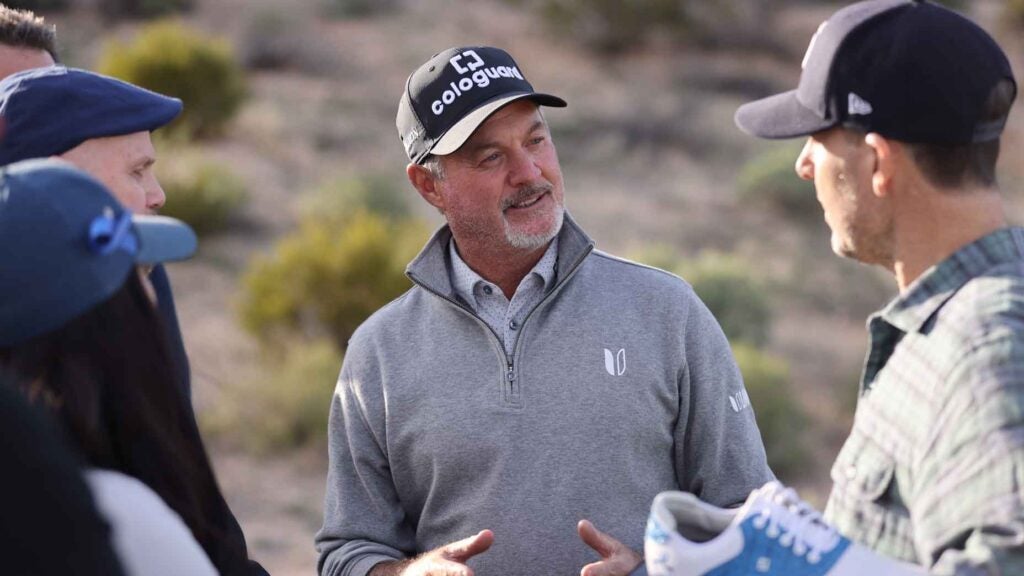
The most important skills for aging golfers
When asked what areas of his game he’s concentrated on most on as he’s aged, Kelly said two skills above all: “Short game and putting. It always comes back to that.
“[As you get older], you’re going to hit longer clubs into the greens, and you’re going to miss more greens more often. So you have to be sharper with your short game, and you have to putt better to be able to compete with someone who still has the ability to hit it far. If I gain an advantage around the green, the percentages favor me.
“On the other side of that coin, if you’re going to hit it shorter, you better be hitting it straighter…short and crooked is no way to go through life, son.”
Longer clubs — like fairway woods — aren’t as effective from the rough, he said.
“You’ve got to get the ball in the fairway, because you just can’t hit longer irons out of the rough,” Kelly said. “So, yeah, focus on hitting fairways, and then master the putter.”
When Kelly started feeling his age
I asked Kelly if there was a singular moment in his career when he realized that his game was beginning to change. He recalled a time when his back went out, and said that injuries to older players is often when those physical limitations become apparent.
“I think I was 44 when my back first went down,” Kelly said. “I went through some extremely painful recovery, but I don’t think I missed two months. I came back, barely able to swing, and played. Building that back up takes time. And then, all of a sudden, you’re working out and getting strong, but, in doing that, it’s usually when you would overdo something and would get hurt again.”
Still, Kelly said, even without a major injury, the aches and pains of playing golf show in the early-40s.
“The aches and pains usually come around age 42, 46 and into the 50s; those are different animals. Playing [after an injury] can be painful, but then there are some weeks when I’m not hitting it any shorter than I was 20 years ago.”
Focus on preparation over recovery
Preparing his body, Kelly said, makes it easier for his body to recover. As he’s gotten older, he’s started incorporating cardio, weightlifting and proper diet before each round.
“You’re going to have a much worse time recovering if you didn’t put in some cardio and range work before you play. I even go through an hour workout to get my heart rate up before tournament rounds.
“I lift weights to make sure everything is moving the way it should be. Then I go to the range for about an hour. Then I eat two hours before I tee off… it’s painful when I just go straight to the first tee [without preparation]. My body just doesn’t recover from that. So, if you do the correct preparation, the recovery will be much easier.”
The senior tour’s ‘freak of nature’
Kelly appears to be on top of his game as he enters the Cologuard Classic, having won three times in 2022. But he understands that the length of his career is, in many ways, directly correlated to his health.
“I think I can be the first 80-year-old winner out here on the Champions Tour [laughs]. No, I don’t believe that. There are times, at 55 years old, when I already feel like my body is 80.”
Here, Kelly cited Bernhard Langer, who last month tied Hale Irwin for the most career wins (45) on the PGA Tour Champions.
“To see what Bernhard is doing at 65 is ridiculous,” Kelly said. “The average person has absolutely no idea how difficult what he’s doing is. He’s a freak of nature.”
